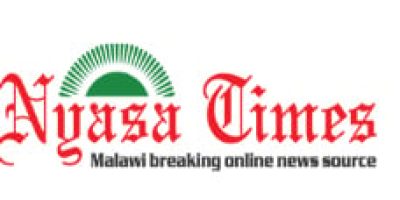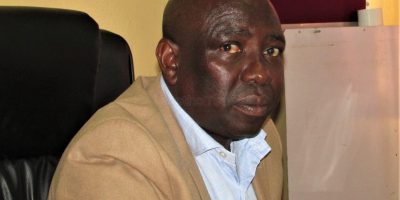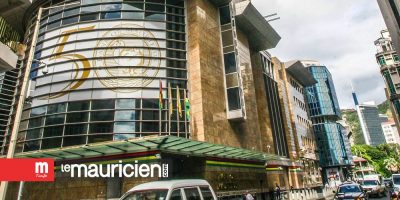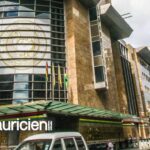Following yesterday’s protests by vendors in Lilongwe over the rising cost of goods, some shops in the capital have started complying with the government’s directive to reduce prices.


A snap survey conducted by GCK Cameras on the morning of Wednesday, February 26, 2025, in Lilongwe revealed a significant drop in the prices of second-hand clothes, commonly known as Kaunjika.
As promised by Minister of Trade Hon. Sosten Gwengwe and reinforced by Minister of Local Government Hon. Richard Chimwendo Banda, the government assured Malawians that measures were being put in place to bring down the cost of essential goods. Today, those promises are already showing results.
New Kaunjika Prices After Reduction:
•Bale No. 1 – Reduced from K1.1 million to K680,000
•Medium Bale – Dropped from K750,000 to K420,000
•Mix Dress Bale – Cut from K690,000 to K450,000
•Polysilk Dress Bale – Slashed from K1,350,000 to K850,000
Minister Gwengwe has assured Malawians that this is just the beginning, emphasizing the government’s commitment to ensuring fair pricing.
“Prices of goods will continue to go down because we have taken a serious stand to make sure that Malawians are no longer exploited by traders who raise prices arbitrarily,” Gwengwe stated.
At Bwalo la Njovu, shoppers expressed gratitude for the swift government intervention, urging authorities to continue engaging traders to stabilize prices further. Meanwhile, many Kaunjika shops remained closed today, with some traders having moved their goods to warehouses in response to the protests. However, they are expected to fully reopen tomorrow.
Kaunjika sellers at Sikawanjala Market in Dedza also welcomed the price reduction, saying they can now do business profitably.
With these developments, Malawians are hopeful that the cost of other essential goods will follow suit as the government continues to engage traders on fair pricing.
Follow and Subscribe Nyasa TV :
Sharing is caring!













